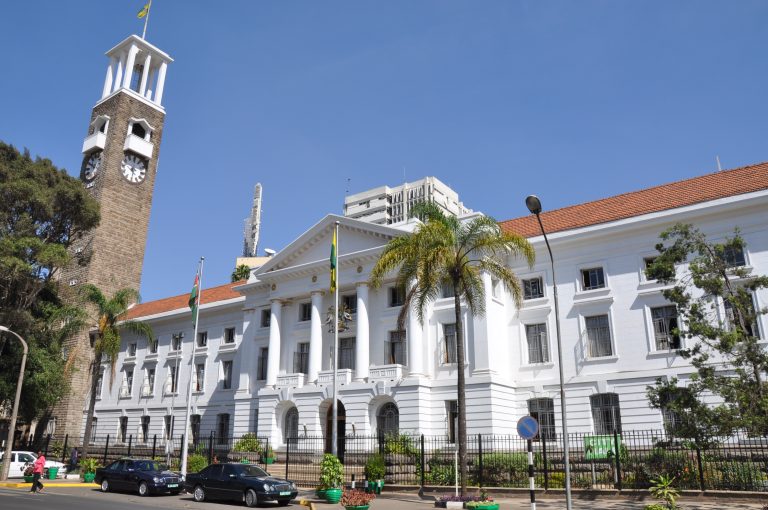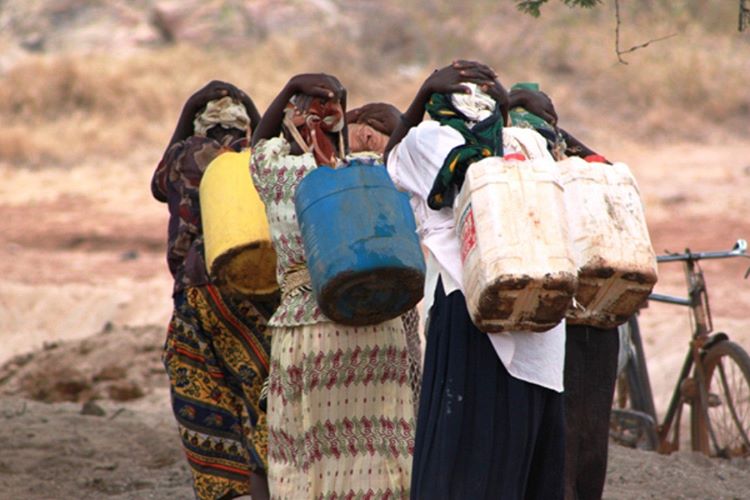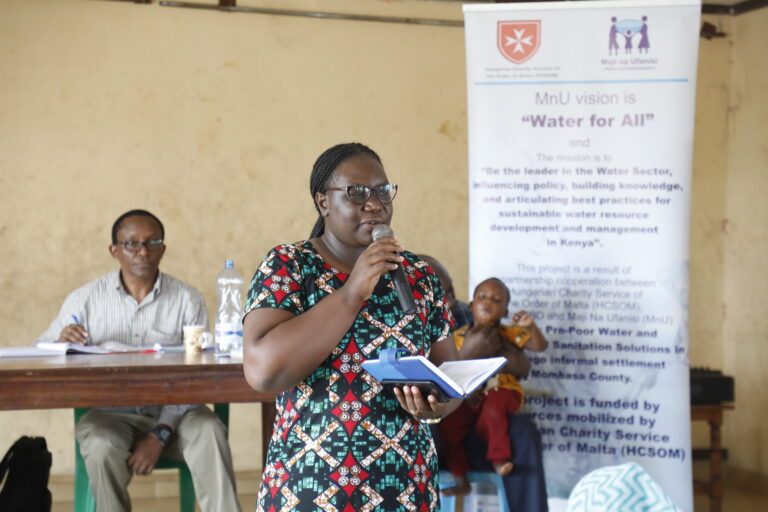On June 3, 2025, the Bangladesh Community Hall in Jomvu Sub-County, Mombasa, buzzed with hope and determination. Parents, health promoters, government officials, and disability advocates gathered to launch a transformative initiative aimed at integrating children with disabilities into the social and educational fabric of their community.
This wasn’t just another meeting; it was a pivotal moment marking the beginning of a journey towards inclusivity and empowerment for children who had long been marginalized.
Understanding the Challenge
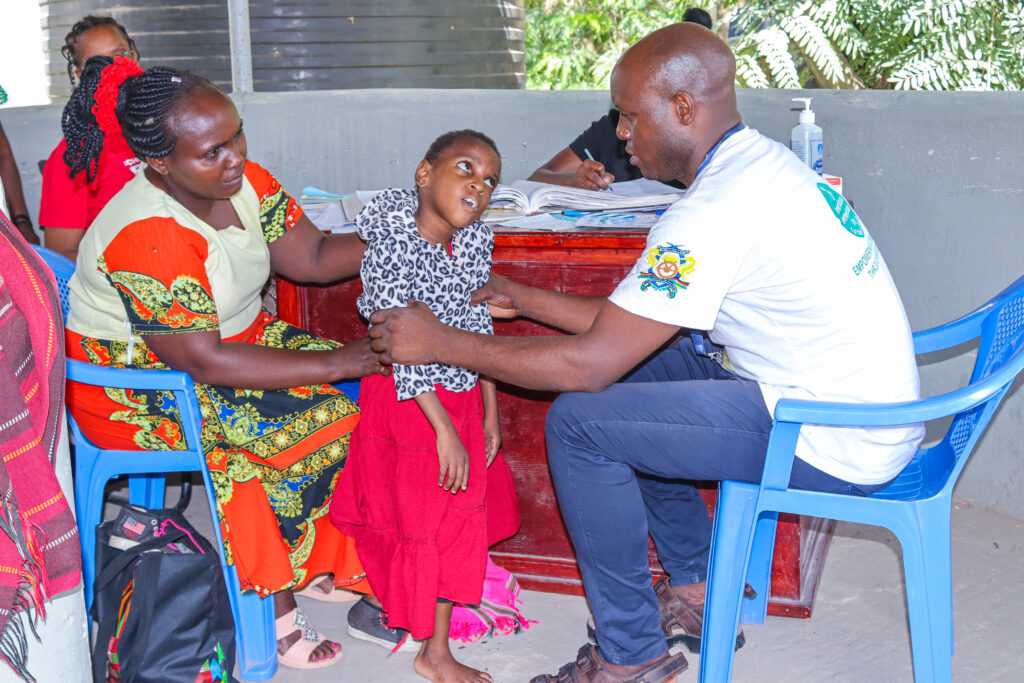
Children with disabilities in Kenya’s informal settlements face numerous challenges, including inadequate healthcare, inaccessible schools, social stigma, and weak referral systems. These barriers often lead to neglect, isolation, and poverty.
In Bogobogo, a rapidly growing informal settlement in Jomvu Sub-County, these challenges are particularly acute. Recognizing the urgent need for intervention, a multi-stakeholder initiative was launched to address these systemic gaps and build a foundation for disability-inclusive community development
The Vision Behind the Program
The Social and Education Integration Program for Children with Disabilities in Jomvu, Mombasa is anchored in the belief that inclusion begins at the community level. The program aims to:
Integrate children with disabilities into the school system and other community-based services.
- Train and equip local frontline actors, especially Community Health Promoters (CHPs) and teachers.
- Establish sustainable referral mechanisms for therapy, assistive devices, and psychosocial support.
- Mobilize communities to reduce stigma and promote the rights of children with disabilities.
This comprehensive approach ensures that no child is left behind in access to health, education, and social support.
Stakeholders and Their Roles
The success of the program hinges on the collaboration of various stakeholders, each bringing unique expertise and resources to the table:
Maji na Ufanisi (MNU)
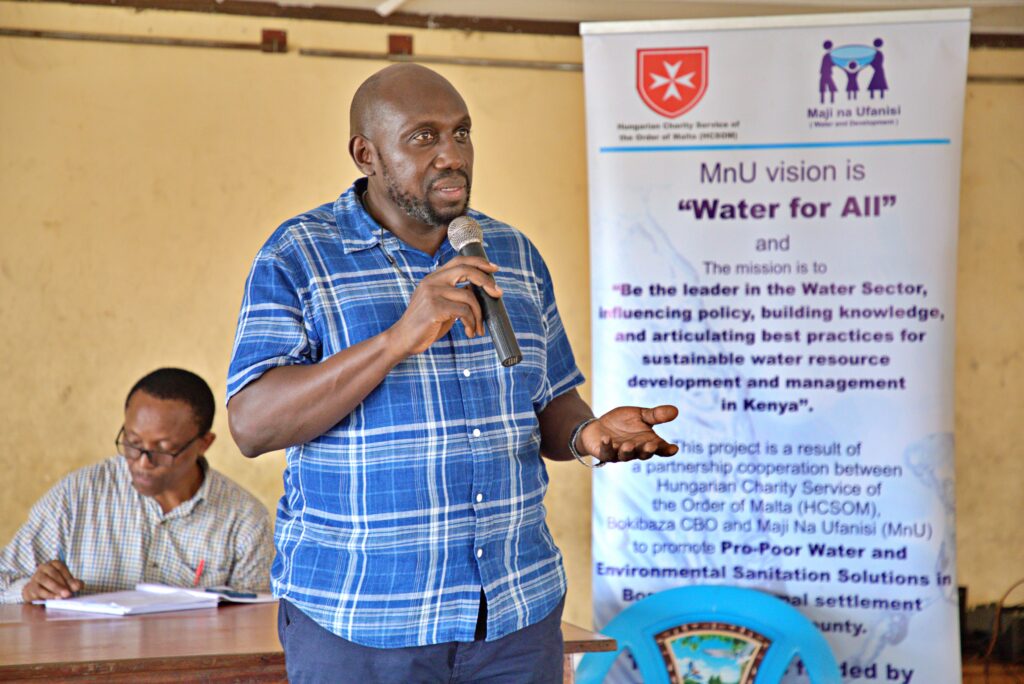
- Lead coordinator of the program.
- Conducted baseline surveys to understand the needs of children with disabilities.
- Developed individualized support plans for each child.
- Facilitated stakeholder meetings and provided logistical and technical support.
- Spearheaded upgrades to make Hope Light School disability-friendly.
Hungarian Charity Service of the Order of Malta (HCSOM)
- Co-funder and humanitarian ally.
- Supported logistics, training, and outreach efforts.
Community Health Promoters (CHPs)
- Conducted home visits to identify children with disabilities.
- Tracked progress and bridged families with essential services.
Parents and Caregivers
- Advocated for their children’s needs.
- Participated in developing individualized support plans.
- Committed to school and therapy follow-ups.

Association for the Physically Disabled of Kenya (APDK)
- Provided technical expertise and medical referrals.
- Offered physiotherapy and assistive devices.
National Council for Persons with Disabilities (NCPWD)
- Linked families with national support services, including cash transfers and health insurance.
- Supported children’s registration and inclusion.
Department of Social Services (DSS)
- Aligned the project with county welfare policies.
- Provided psychosocial support and access to social protection programs.
Jomvu Disability Network

- Ensured representation of persons with disabilities.
- Integrated families into their network.
- Monitored grassroots implementation and accountability.
Ministry of Interior (Chief and Assistant Chief)
- Mobilized the community and ensured local security and buy-in.
Impact and Achievements
The program has already made significant strides:
- 70 parents and caregivers actively participated in the stakeholder meeting.
- 12 Community Health Promoters were trained and deployed.
- Individualized support plans were developed for each child.
- Hope Light School is undergoing upgrades to become disability-friendly.
- Families have been linked to essential services, including therapy and assistive devices.
- Community awareness campaigns have been launched to reduce stigma.
These achievements underscore the power of collaborative action in creating inclusive communities.
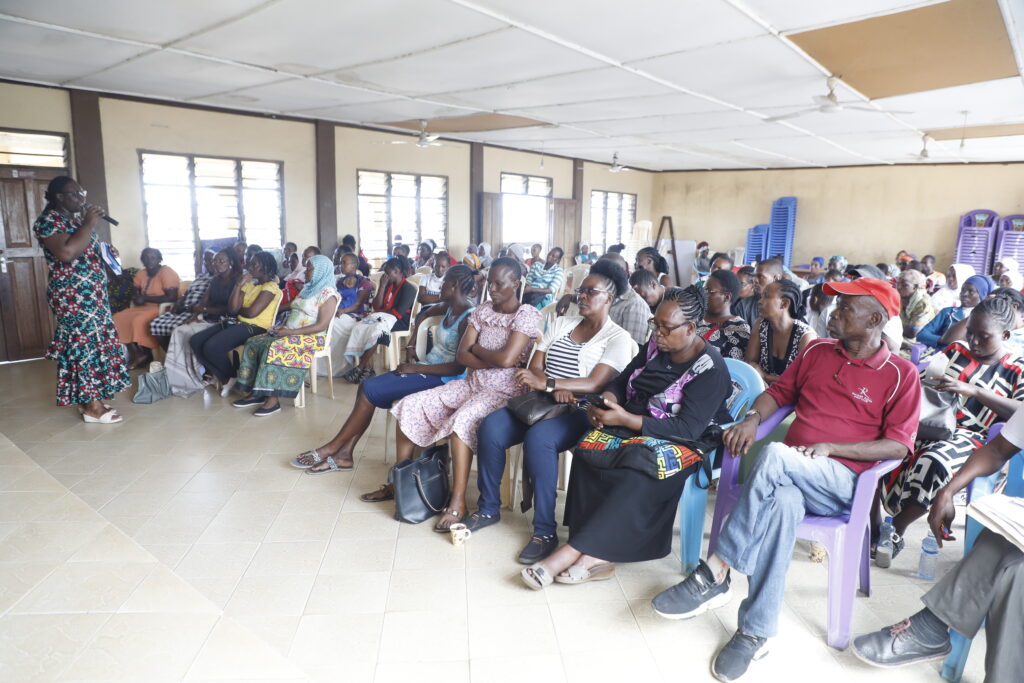
Stories of Transformation
One mother shared how her child, previously isolated due to mobility issues, is now being fitted for a wheelchair through APDK and registered with NCPWD for support. For the first time, her son will walk into a classroom built for him—not despite his condition, but because of it.
Another parent expressed gratitude for the program’s holistic approach, which not only addresses physical needs but also provides psychosocial support, empowering families to advocate for their children’s rights.
Challenges and the Road Ahead
Despite the progress, challenges remain:
- Infrastructure: Many schools lack the necessary facilities to accommodate children with disabilities.
- Training: There is a shortage of teachers trained in special needs education.
- Stigma: Social stigma continues to hinder the inclusion of children with disabilities.
- Funding: Sustainable funding is needed to scale and replicate the program.
Addressing these challenges requires continued collaboration, community engagement, and investment in inclusive policies and practices.
How Maji na Ufanisi Leads with Impact
Maji na Ufanisi’s role goes far beyond coordination. With 27+ years of transformative work in water, sanitation, hygiene, and community development, MnU continues to champion equity and access.
Their disability-inclusive programming:
- Empowers communities with knowledge and tools
- Bridges service gaps with evidence-based solutions
- Collaborates across sectors for holistic support
- Anchors inclusion within broader WASH and education goals
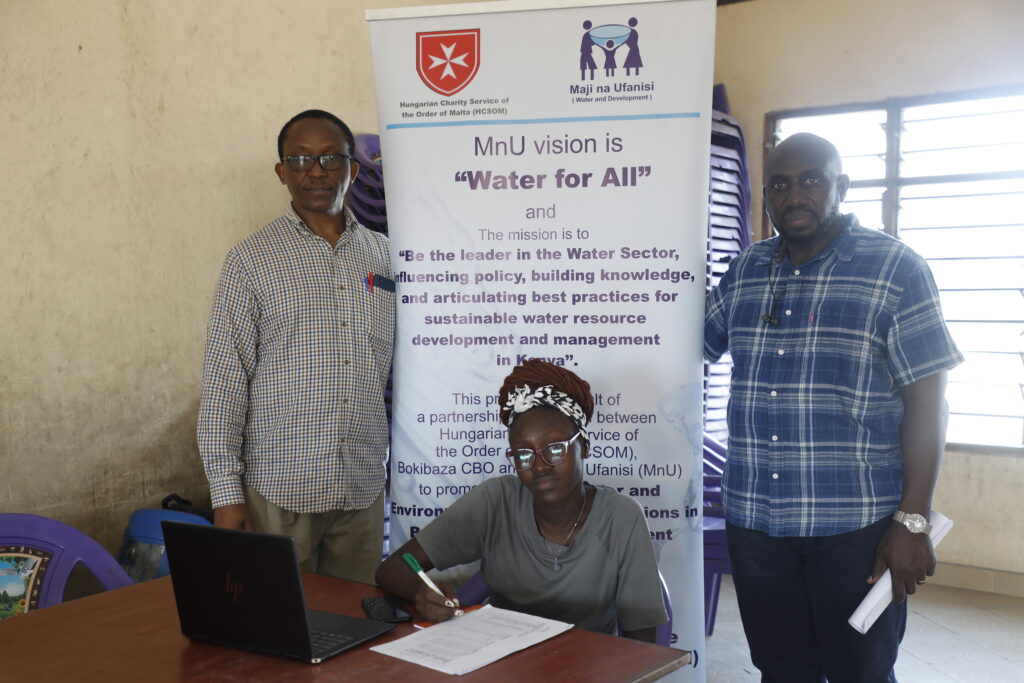
How You Can Help
The journey towards inclusivity is ongoing, and your support can make a significant difference.
- Partnerships: Organizations can collaborate with Maji na Ufanisi to expand the program’s reach.
- Donations: Financial contributions can fund therapy sessions, assistive devices, and infrastructure upgrades.
- Volunteering: Individuals can offer their time and skills to support various aspects of the program.
📩 For partnerships and sponsorships, contact us at MNU@majinaufanisi.org
Frequently Asked Questions (FAQs)
1. What is the primary goal of the program?
To integrate children with disabilities into the social and educational systems of Jomvu, Mombasa.
2. Who are the main beneficiaries?
Children with disabilities and their families in the informal settlements of Bogobogo, Jomvu Sub-County.
3. How are children identified for support?
Community Health Promoters conduct home visits and assessments to identify children in need.
4. What services are provided?
Services include individualized support plans, therapy, assistive devices, psychosocial support, and educational integration.
5. How is the program funded?
Through partnerships with organizations like HCSOM and contributions from stakeholders.
6. How can I contribute?
You can donate, volunteer, or partner with Maji na Ufanisi to support the program.
7. Are there plans to expand the program?
Yes, there are plans to replicate the model in other informal settlements.
8. How does the program address stigma?
Through community awareness campaigns and engagement with local leaders to promote inclusivity.
9. What role do parents play?
Parents are actively involved in developing support plans and advocating for their children’s needs.
10. How can schools become more inclusive?
By upgrading infrastructure, training teachers in special needs education, and fostering an inclusive culture.
Together, We Can Make It Inclusive
The Social and Education Integration Program for Children with Disabilities in Jomvu, Mombasa is more than an initiative; it’s a movement towards a more inclusive and equitable society. By addressing systemic barriers and fostering community collaboration, the program is transforming lives and setting a precedent for inclusive development.
Your support can amplify this impact. Join us in creating a world where every child, regardless of ability, has the opportunity to thrive.
📩 For partnerships and sponsorships, contact us at MNU@majinaufanisi.org

